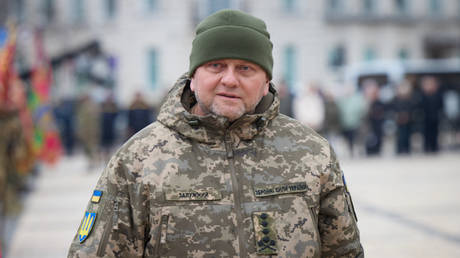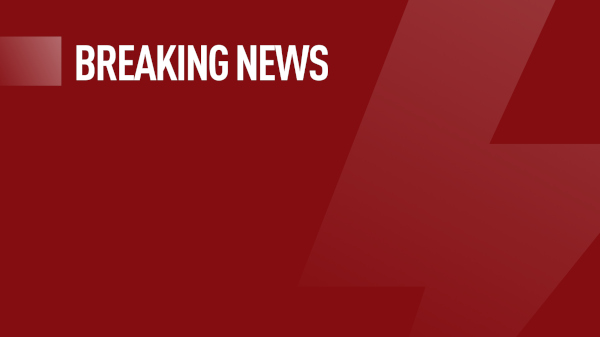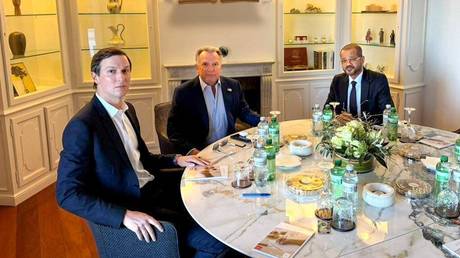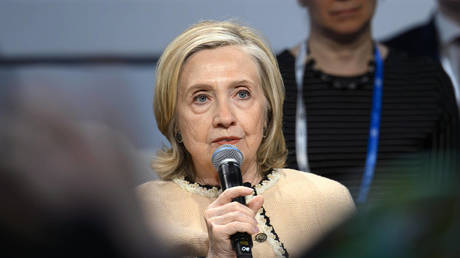
Valery Zaluzhny opted to stay home due to the “complex operational situation” in the country, the US-led military bloc said
The commander-in-chief of the Ukrainian Armed forces, General Valery Zaluzhny, decided against attending a high-profile NATO meeting in Brussels on Wednesday.
Rob Bauer, chairman of the bloc’s military committee, referred to the general’s absence in his opening remarks at the gathering of NATO defense chiefs. He said he had received a letter from “our friend” Zaluzhny on Tuesday, explaining that it was “impossible” for him to participate either in person or via video link.
The reason for Zaluzhny’s decision was the “complex operational situation” in Ukraine’s ongoing conflict against Russia, the NATO official explained.
Ukraine has been planning a large-scale counteroffensive against the Russian forces for months, but has delayed the launch of the operation, with Kiev officials complaining about bad weather, a lack of ammunition, and the reluctance of the West to supply warplanes.
A report by Politico a few weeks ago claimed that Ukraine’s main backer, the US, had concerns that the impact of the Ukrainian assault could fall short of expectations.
Speaking about the conflict in Ukraine, Bauer noted that it was already “in the 15th month” and credited the Ukrainian military’s “immense resilience and tactical brilliance, supported by 50 nations around the world.”
Russia has never set a timeline for its military operation in Ukraine, saying that it will continue until all of its planned goals are achieved.
The meeting that Zaluzhny missed focused on NATO’s regional plans and ways “to defend key and relevant places in our alliance against the two threats… being Russia and terrorist groups,” Bauer said. Fulfilling those plans would require “more troops and high readiness across the alliance,” he added.
Russia has been warning for years that it considers NATO’s eastward expansion toward its borders to be a ‘red line’. Kiev’s aspirations of joining the US-led bloc was highlighted by Moscow among the main reasons for sending its forces into Ukraine more than a year ago.
READ MORE: NATO applicant refuses to participate in bloc’s wargames
The Russian side has also labeled the crisis in Ukraine a “proxy war” waged against it by NATO. According to Moscow, the assistance provided to Kiev by the US and EU countries – including the supply of arms and ammunition, training for Ukrainian troops, and intelligence sharing – has made those nations de facto parties to the conflict.




